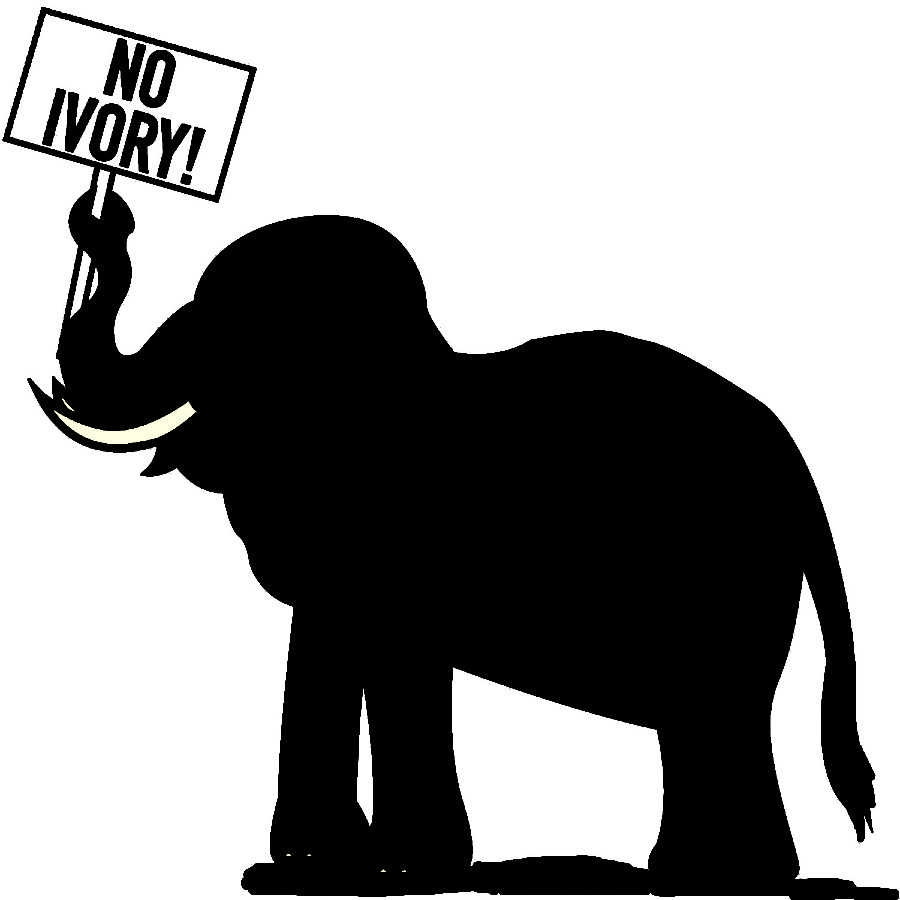Editorial: Save endangered species, ban ivory sales
editorial.graphic
April 16, 2015
A bill was recently introduced in the Iowa Legislature proposing a ban on the sale of ivory and rhinoceros horns in the state. With a few exceptions like musical instruments and antiques, if the bill is turned into law, it would be illegal to sell, trade or distribute any product of ivory or rhinoceros horns.
According to the bill, Senate File 30, anyone who sells these products will have committed a class “D” felony and is subject to no more than five years in prison and a fine between $750 and $7,500. The severity of the punishment for the simple sale of the ivory or horns suggests that Iowa lawmakers have a supreme interest in ending the practice.
A law in Iowa like this one would only be the next logical step to help prevent the brutal poaching of elephants and rhinoceroses. This law would be in line with already existing international laws. The need for a ban on ivory started in the early 1970s and continued into the 1980s when the demand for ivory skyrocketed and poaching was at its worst, according to the World Wildlife Fund.
At this time, 80 percent of all raw ivory came from illegal poaching and in the 1980s, an average of 100,000 elephants were poached each year. Because of this, the Convention on International Trade in Endangered Species of Wild Fauna and Flora, or CITES, banned the international trade of ivory in 1989 in an effort to curb the illegal killing of elephants in Africa, according to the World Wildlife Fund.
While rates of poaching have slowed since this time period, it continues to be a problem for these animals. Although there are obviously no elephants or rhinoceroses in Iowa, this bill would still help reduce the demand for ivory and illegal poaching.
And although Iowa may seem like too small of an area to make an impact on the world’s ivory demand, laws like this one are fairly common. The more areas around the world that ban the selling of ivory, the less of a demand there will be for poaching elephants. It only seems right to do our part in saving these animals that have suffered so much and benefit their environments. This law is a no-brainer. No matter how much of an impact this bill will make on the illegal poaching of animals or the ivory trade, it will hinder the ability of criminals to profit from the suffering of these endangered animals.







